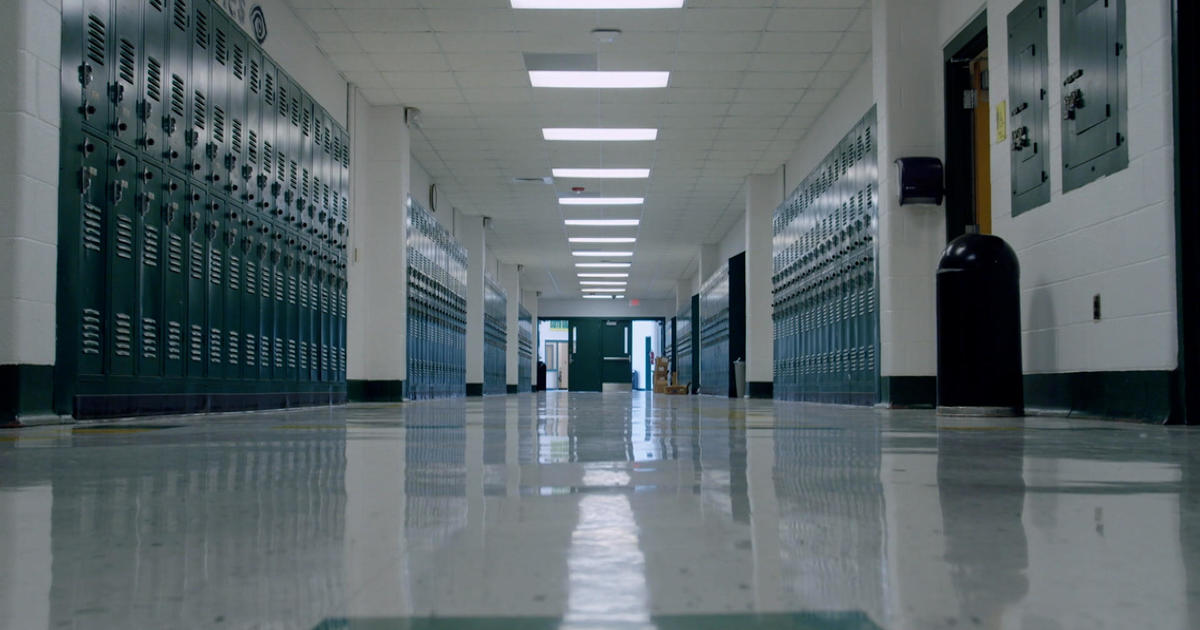After a seven-month lockdown, many families are trying to imagine their first trip beyond the local grocery store. It’s an intimidating idea because it’s hard to adopt the carefree attitude of a vacationer when facing a barrage of new requirements, from pre-visit testing to post-visit quarantines. Once upon a time, travel brought the joy of exploration and a glimmer of spontaneity. Think about those vintage travel posters showing the Silver Meteor train coursing through Forida orange groves, or Frank Sinatra’s swinging Come Fly with Me. Nowadays, vacation planning brings a somber checklist, all in the name of health and safety.
Despite the hassle, I would point to a silver lining: behavioral psychology tells us that the more time would-be vacationers spend flipping through brochures and imagining their future trip, the more they will enjoy that travel, and the longer they will feel the glow of new memories. Indeed, a study published in the journal Applied Research in Quality of Life showed that simply planning a trip often makes people happier than actually taking it!
Before COVID, travelers flocked to sites like TripAdvisor, Yelp, and Expedia to make the most of scarce vacation time and avoid frustrating mishaps. We have all experienced the hassle that come from poor planning: waiting in long lines to check into hotels, showing up at museums to discover tickets are sold out, or arriving for an advertised jet-ski tour only to find a battalion of elderhostellers toting Jack Kerouac books.
A recent TripAdvisor survey found that 70% of travelers will do more research before taking a post-Covid journey. Planning for a trip gives people a rush of dopamine pleasure, but it also reduces hassles and makes the experience more gratifying. Take a simple example. Let’s say you are in Paris and want to see the Mona Lisa at the Louvre. Few visitors desire to view all of the thousands of works at the museum, or walk through miles of hallways. Though the Louvre has implemented social distancing, common sense would suggest that you buy tickets in advance to avoid a long queue, and learn ahead of time that da Vinci’s masterpiece is displayed on the first floor in the Salles des États. Buying tickets online and learning that one fact about the location can reduce your risk of infection many times over. But in addition to taking those precautions, learning about Mona Lisa from your home will multiply your appreciation of her mystic smile when you finally see it.
A path-breaking study of school field trips showed that children who spend more time preparing end up learning and enjoying more. They arrive less confused by the setting and more eager to see, touch, and engage. Many heralded venues have made the process simple and fun. The world-famous San Diego Zoo, one of the first US tourist attractions to reopen amid the pandemic, encourages visitors first to explore its website. Visitors can learn how to avoid peak times and plan a safer and more delightful visit. Alongside health-focused content, the Zoo gives visitors the chance to learn about the animals before they even leave their homes. Children can read about the new baby hippo born in February 2020, or by tuning into the streaming tiger-cam, they can eat their breakfast while watching tigers munch on theirs.
Because travelers are doing more planning, venues—from hotels to museums to restaurants to cruise ships—have an opportunity to create stronger connections with their customers. Cruise lines have taken up the “at-home” trend with particular zeal, organizing “virtual cruises” for landlocked would-be guests, complete with bingo, trivia, porthole-studded Zoom backgrounds, and make-at-home midnight buffet recipes.
Hotels ranging from Holiday Inn Express to the high-end Dubai Atlantis are deploying vivid virtual reality tours. These new touchpoints create new opportunities for revenue. For example, Airbnb’s freshly-launched “Experiences” program now offers in-home, online experiences, from a family magic lesson to a Mexican street taco exhibition.
Those travel providers who survive the pandemic will be the ones who inspire, not only the guest experience but also the guest planning experience, rolling out new communications and revenue opportunities throughout the customer’s journey, while assuring health and safety. For the battle-weary hospitality industry, only a few extra dollars, euros, and yen can make the difference between the dim green glow of a vacancy sign and permanently closed shutters, between a shipyard and a scrapyard. Let’s hope the lights begin glowing more brightly in the months ahead.

